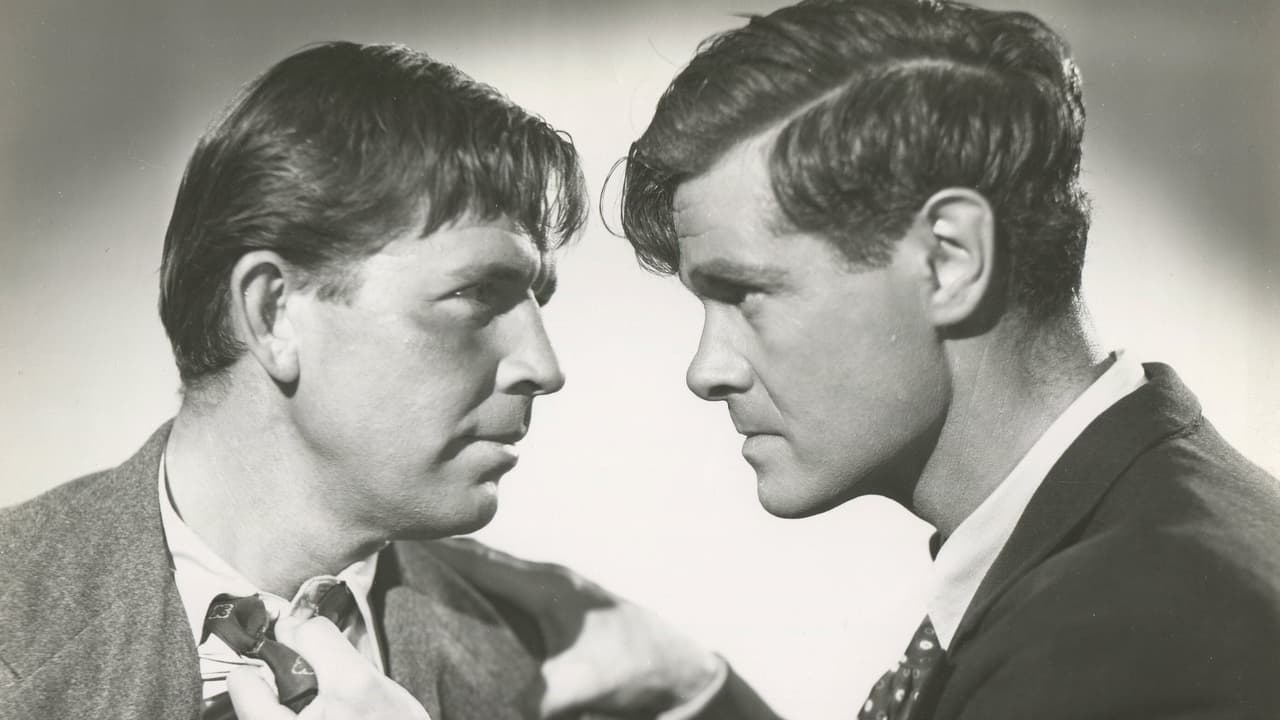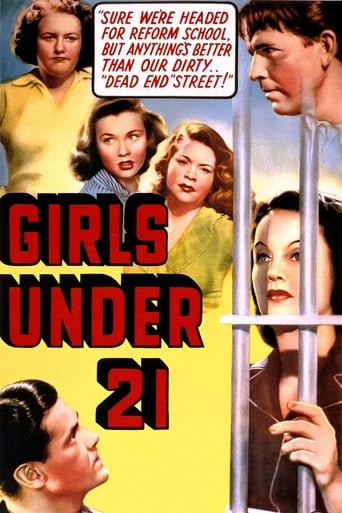warrenk-2
I saw "Girls Under 21" at the Guild Cinema in Albuquerque as part of a Noir festival. I went with low expectations but the film surprised me. It moved at a brisk pace, had many snappy, funny, irreverent lines, and its ending seemed socially progressive rather than one artificially moralistic to satisfy the Production Code. Paul Kelly, Rochelle Hudson, and the young actresses who played the delinquents all gave good performances. Bruce Cabot, although good, really had nothing more to do than to advance the plot. The film is worth viewing.The IMDb plot description indicates Frances, the Rochelle Hudson character, had been the wife of Smiley Ryan (Bruce Cabot) before she spent time in prison as a result of his illegal activities. This piece of information was lost on me. I don't remember any mention of a divorce or of Frances still being Smiley's wife which should have come up given her friendship with the high school teacher (Paul Kelly) -- and his interest in her -- and all the gossip and disapproving looks she receives from the women in the neighborhood. I assumed Frances and Smiley had had a less formal relationship, but one he wanted to continue given his 'your my woman' attitude. Of course, it may have been brushed over quickly in the sequence when Frances returns to her old neighborhood, spectacularly well dressed and looking so healthy after her time in jail that I was puzzled attempting to figure out why this beautiful, articulate, and stylish woman was on the steps of a tenement talking to a group of delinquent teenage girls while a multitude of dowdy women looked on with disapproval. But this was Hollywood in 1940.

